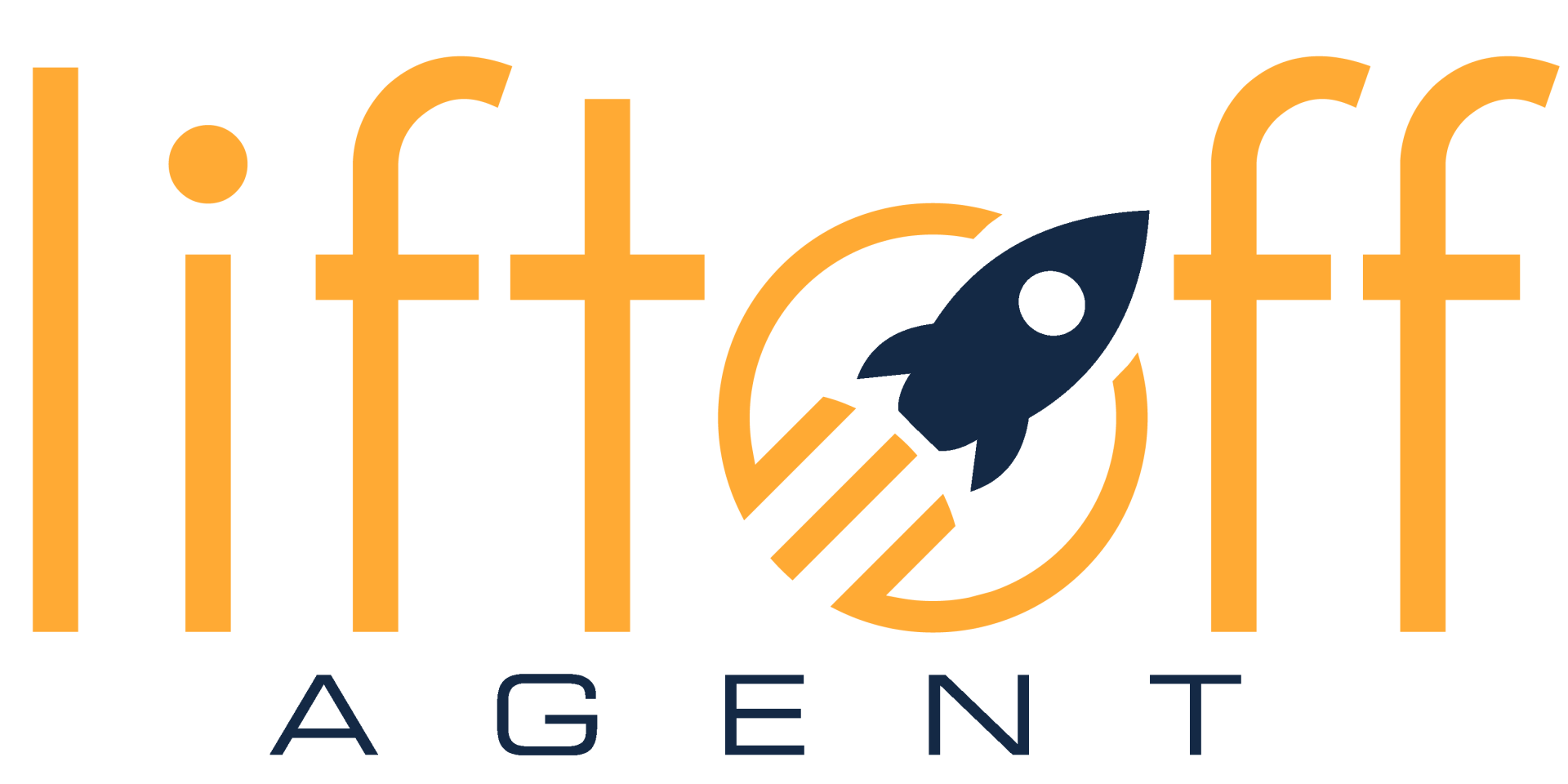Working On vs. Working In Your Real Estate Business
In the competitive world of real estate, understanding the difference between working on your business and working in it can be the key to unlocking your full potential. This blog will explore strategies to transition from daily operational tasks to a focus on strategic growth, enabling you to scale your business effectively.
Table of Contents
- Introduction to Working On vs. Working In Your Real Estate Business
- What It Means to Work In Your Business
- What It Means to Work On Your Business
- Transitioning from In to On
- Allocating Resources to Scale
- Building a Business That Runs Itself
- Links and Resources to Maximize Your Business Efficiency
- FAQs
Introduction to Working On vs. Working In Your Real Estate Business
Understanding the distinction between working on your business and working in it is crucial for real estate professionals. This differentiation can significantly impact your efficiency and growth potential. Working in your business involves daily tasks that keep operations running, while working on your business focuses on strategic planning and long-term growth.
What It Means to Work In Your Business
When you work in your business, you engage in the day-to-day operations necessary for survival. This includes administrative tasks, client communications, and marketing efforts. Each of these activities is vital for immediate revenue generation.

Key Activities of Working In Your Business
- Making phone calls to clients and leads
- Sending out emails and newsletters
- Managing social media accounts
- Networking at events and open houses
- Conducting property showings
These tasks, while essential, can become overwhelming. They often leave little time for strategic thinking and planning. You may find yourself caught in a cycle of urgency, where the focus remains on immediate tasks rather than long-term goals.
What It Means to Work On Your Business
Shifting to working on your business allows you to take a step back and evaluate your operations. This perspective involves strategic planning, improving processes, and expanding your reach. The goal is to increase efficiency and ultimately grow your business.
Key Activities of Working On Your Business
- Developing a clear business vision and goals
- Improving operational processes for efficiency
- Hiring and training staff to support growth
- Implementing marketing strategies to attract more clients
- Networking to build partnerships and opportunities

In this role, you become a visionary leader. You focus on where your business is headed and how to get there. This shift is critical for sustainable growth and success in the competitive real estate market.
Transitioning from In to On
Transitioning from working in your business to working on it is a journey that requires intentionality. Start by identifying tasks that can be delegated or automated. This will free up your time to focus on strategic initiatives.
Steps to Facilitate the Transition
- List all tasks you currently handle.
- Identify which tasks you enjoy and which you can delegate.
- Allocate a portion of your income to hire support staff.
- Set specific goals for your business growth.
- Evaluate your progress regularly to ensure you're moving towards your goals.

Consider hiring an assistant or utilizing technology to handle repetitive tasks. This approach allows you to concentrate on high-impact activities that drive your business forward.
Ultimately, the transition is about creating a balance. You need to be involved in the essential functions of your business while also stepping back to plan and strategize for the future. This balance will lead to a more successful and sustainable real estate practice.
Allocating Resources to Scale
To effectively scale your real estate business, it’s essential to allocate resources wisely. This involves identifying your financial capabilities and understanding where to invest your time and money for maximum impact.
Understanding Your Financial Landscape
Begin by analyzing your income streams and expenses. Determine how much you can comfortably allocate towards hiring help or investing in tools that enhance your efficiency.
Key Areas for Resource Allocation
- Staffing: Hiring administrative support or virtual assistants can free up your time for more critical tasks.
- Technology: Invest in software and tools that automate repetitive tasks, such as CRM systems and marketing platforms.
- Marketing: Allocate funds for targeted marketing campaigns to attract new clients.
- Training: Invest in courses or workshops for yourself and your team to improve skills and knowledge.
Building a Business That Runs Itself
Creating a self-sustaining business model is the ultimate goal for many entrepreneurs. This allows you to step back while ensuring that your operations continue smoothly.
Strategies to Automate Your Business
- Implementing Systems: Develop standard operating procedures (SOPs) for tasks to ensure consistency and efficiency.
- Utilizing Technology: Use automation tools for email marketing, social media posting, and lead generation.
- Delegating Tasks: Identify tasks that can be outsourced, allowing you to focus on growth and client relationships.
- Monitoring Performance: Regularly evaluate your systems to ensure they are working effectively and make adjustments as necessary.
The Importance of a Strong Team
A business that runs itself relies heavily on a strong, capable team. Invest time in hiring the right individuals who align with your vision and can take ownership of their roles.
Links and Resources to Maximize Your Business Efficiency
To further enhance your business efficiency, here are some valuable resources:
- Maximize Your Website - Transform your website into a powerful tool for generating leads.
- How to Use Technology to Automate Your Real Estate Business A to Z - A comprehensive guide to leveraging technology for efficiency.
- 10 Game-Changing Tools | Real Estate Website - Essential tools that every real estate website should have.
- Buyer's Agents know HOW to be ahead of the NAR case! - Stay informed and ahead in the market.
- Winning Strategies To Maximize your YouTube Channel Guide - Learn to attract leads through video marketing.
- The Only Marketing Solution Real Estate Agents Need - Comprehensive marketing solutions tailored for real estate agents.
- Exposure Grade - Liftoff Agent | Real Estate Marketing - Assess your marketing exposure and improve your strategies.
- Positioning Planner | Liftoff Agent - Discover your business positioning and boost efficiency.
- Strategy Questionnaire | Liftoff Agent - Evaluate your business strategy and identify areas for improvement.
- PDF Resources - Liftoff Agent - Explore resources that highlight the intersection of real estate and technology.
- Start Building Local Authority with Liftoff Agent Marketing & Websites - Build your brand and authority in your local market.
FAQs
How do I know when to delegate tasks?
Evaluate your workload and identify tasks that consume a significant amount of time but do not directly contribute to your business growth. Consider delegating these tasks to free up your time for high-impact activities.
What tasks should I prioritize when working on my business?
Focus on strategic planning, improving operational efficiencies, and building relationships. These areas will drive long-term growth and success.
How can I ensure my business runs smoothly in my absence?
Implement clear systems, train your team thoroughly, and regularly review performance metrics. This preparation ensures that your business remains operational even when you are not present.

We specialize in working with real estate agents and teams to build local authority. We do this through creating and managing your brand, website, video and social presence.
We'd love to chat and show you how you can dominate your local market and avoid wasted marketing dollars.
Subscribe to Newsletter
Newsletter
We will get back to you as soon as possible.
Please try again later.

All Rights Reserved | Liftoff Agent